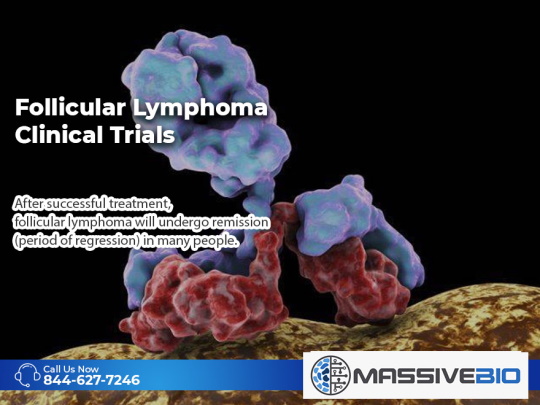Follicular Lymphoma Clinical Trials are new targeted treatments, with the help of immunotherapeutic agents, that aim for long-term remissions and contribute to better survival overall.
Thanks to these Follicular Lymphoma Clinical Trials, treatment options like cytotoxic chemotherapy are proven to become standard treatment for advanced stage. For example, a new alternative, “Anti-CD20 Antibody Rituximab”, approved by the FDA with clinical studies, became a new targeted or immunotherapeutic agent for follicular lymphoma patients.
What are Follicular Lymphoma Clinical Trials?
Follicular lymphoma is a type of cancer that begins in the white blood cells in your body. There are two main types of lymphoma: Hodgkin lymphoma and Non Hodgkin lymphoma. Follicular lymphoma is a subgroup of non-Hodgkin’s Lymphoma.
Treatment standards for follicular lymphoma continue to evolve with clinical trials. In fact, some of the ongoing new regimes are expected to be included, in the options approved by the FDA. Clinical trials are not suitable for every patient and may also have some unpredictable side effects. Therefore, before participating in a clinical study, the treatment process should be evaluated, based on the most suitable options for the patient, with the help of specialist doctors and clinical evidence.
In recent years, clinical research for follicular lymphoma has led to successful changes in the course of the disease. Immunotherapeutic and targeted agent studies for follicular lymphoma patients continue, under the experimental names such as “R2, R-CHOP, obinutuzumab chemotherapy, Ibrutinib-rituximab“.
Follicular Lymphoma Recovery Process
After successful treatment, follicular lymphoma will undergo remission (period of regression) in many people. It cannot be predicted exactly how many years this remission period will be. Depending on the patient’s condition, this process may also take years. However, follicular lymphoma is considered a lifelong condition.
In some cases, follicular lymphoma may recur again, even if the patient heals and initially responds to therapy. The risk of disease is determined by the “prognostic factors” including age, cancer stage and how many lymph nodes are affected.
Survival rates from clinical trials can provide useful information or raise expectations for the future. However, because these rates are only a general estimate, they cannot determine the rate for each patient. In cancer patients, each individual has a different history and may need different treatment options. Massive Bio can help you with which treatment plans are appropriate, including clinical trials, using its artificial intelligence platform and expert network of specialists.




